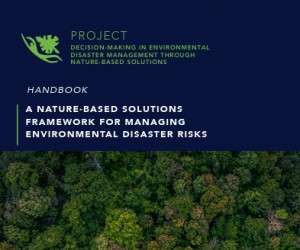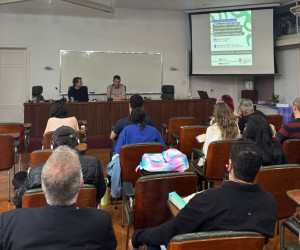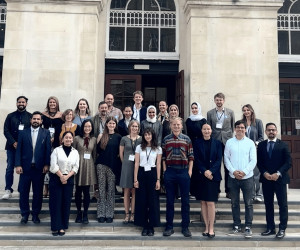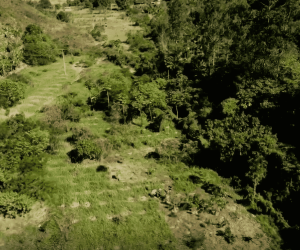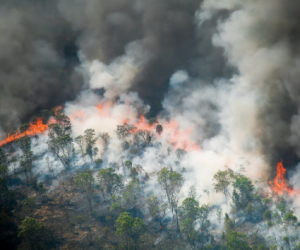Ecosystem Restoration as an Opportunity for Climate Transition in Land Use in Brazil
Orbitas, a centre of excellence at Climate Advisers, examines climate transition risks for capital providers financing agricultural commodities in tropical regions. Through a combination of economic modelling and traditional financial analysis, Orbitas develops insights into the risks and opportunities associated with climate transitions in the land-use economy, particularly within tropical commodity supply chains.
In this context, IIS is contributing to an analysis of the economic potential of restoring degraded lands in Brazil as an opportunity for this climate transition. This analysis aims to support capital providers in understanding how restoration can shape future land-use climate scenarios, especially in relation to agricultural commodities.
Although these analyses align with many Brazilian public policies—such as the Forest Code, the ABC+ Plan, Planaveg, and the Nationally Determined Contribution (NDC)—ecosystem restoration does not rely exclusively on public subsidies. It must become financially viable through carbon markets, certified timber sales, and, in the future, biodiversity credits. This project will therefore reveal material financial risks alongside opportunities to invest in a more sustainable and efficient land-use future, linking ecosystem restoration to agricultural production.
For this analysis, geospatial data and economic information are being integrated—primarily through the PLANGEA and MAgPIE models—to generate detailed projections on land use, agricultural productivity, and restoration feasibility under different climate scenarios up to 2050. The project also assesses how climate transitions could release land currently used for extensive cattle ranching without compromising food security. The results are expected to guide decision-makers in private agricultural investment and public policy.
The Brazilian agricultural sector is on the verge of transformation as climate transitions prompt new actions to reduce emissions. It is therefore essential to align financing strategies with this new reality.
Climate Advisers brings together globally recognised climate thought leaders in public policy, international diplomacy, tropical forests and other nature-based solutions, strategic communications, global food and agriculture, carbon markets, and climate finance and risk.




